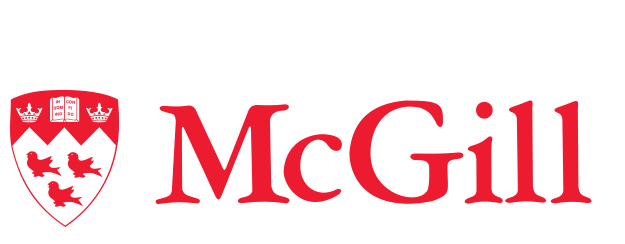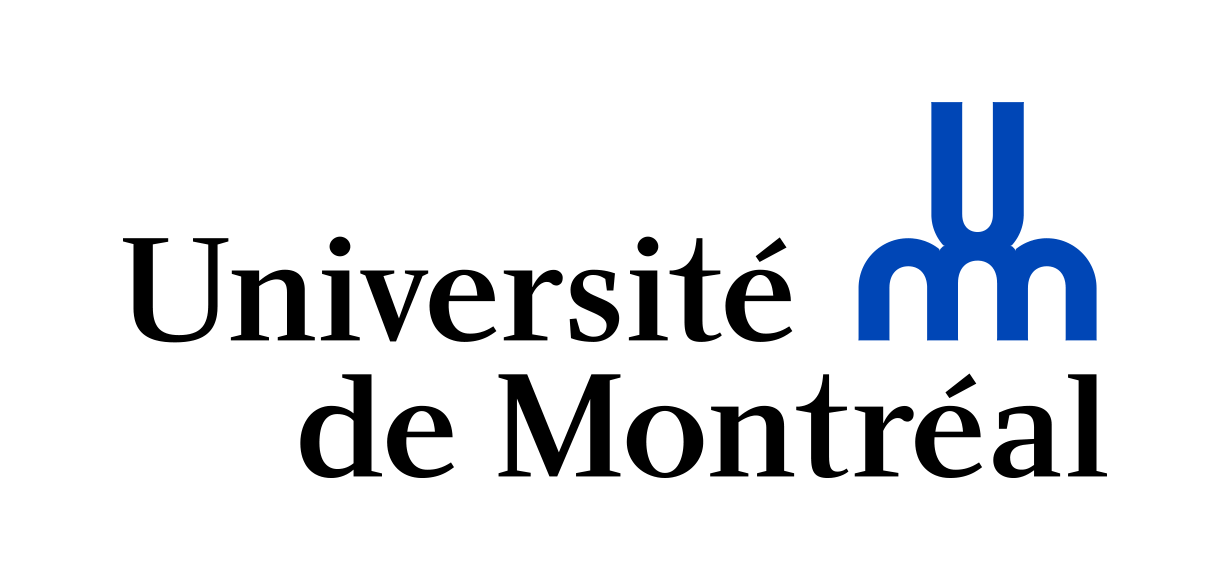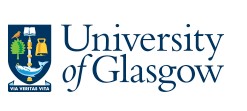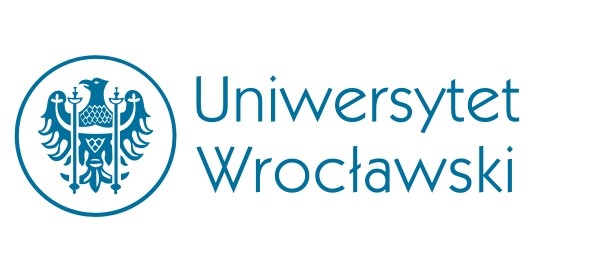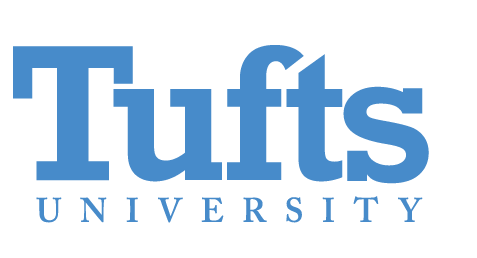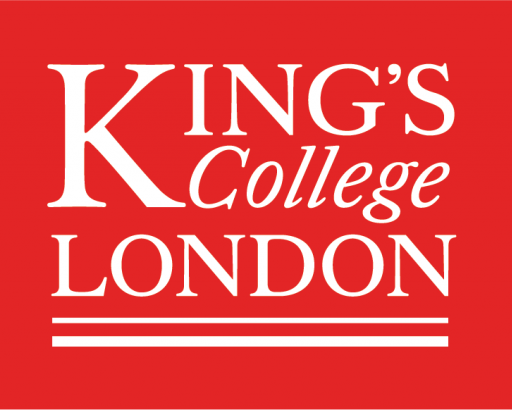Charlotte Schwarz, Summer 2019
The BEAR Network Graduate Mobility Grant allowed me to attend the 2019 summer school in Montreal. The program provided me with the opportunity to learn more about the state minority relations, Russian speakers in the Baltics, Russia’s policies toward Russian speakers and politics in de-facto states. I particularly enjoyed that the program allowed us to receive instruction from different professors for each session. I also appreciated the opportunity to meet new students from different universities!
On Monday morning we focused on NATO’s action in the Post-Soviet space and security relations after the Cold-War. One of the focuses was on the role that history plays in shaping the view of decision makers. In the afternoon, we focused on the securitization and de-securitization of minority rights. In this session the theoretical themes in the articles went together really well – making an interesting discussion.
On Tuesday morning we discussed the quadratic nexus with Dr. David Smith. As this was an article I had previously read in class, it was really interesting to hear it presented by the author himself. In the afternoon we focused on how Russia’s policy has been accepted (or not accepted!) by Russian speakers. We focused particularly on the case of Estonia. This session was really interesting as it examined at how Russian speakers interpret Russia’s nationalizing policies toward them.
On Wednesday morning we focused on policy framing. I really liked how Dr. Jennie Schulze walked us through the process she underwent when writing her article. She also gave us the opportunity to look at policy documents ourselves to look for framing. In the afternoon we watched the documentary film 14 Cases. This film was very interesting as it looked at the perspective of Russian speakers themselves on schooling and their identities.
On Thursday we focused on minority rights, and the position of minorities in Post-Soviet space. I particularly liked the focus on minority agency which examined minority action. While acknowledging the structural constraints present for minority groups’ we examined how minorities interact with nationalizing states, external ‘homelands’, and EU action. It was really interesting to see how minorities engaged critically with the Europeanization process. We also had a very interesting discussion about the position of the Roma in post-Soviet states. On Friday we learned about de-facto states. As this was an area that I knew very little about, the sessions were fascinating!
Overall, the summer school provided me with an opportunity to gain deeper knowledge on theoretical frames I had encountered throughout my Master’s, while also allowing me to learn about new cases and theories. I particularly enjoyed the focus on the Baltic states. As this was an area I have not studied in much detail before, it opened me up to a lot of new information. It also provided me with an opportunity to meet new students and explore Montreal!





